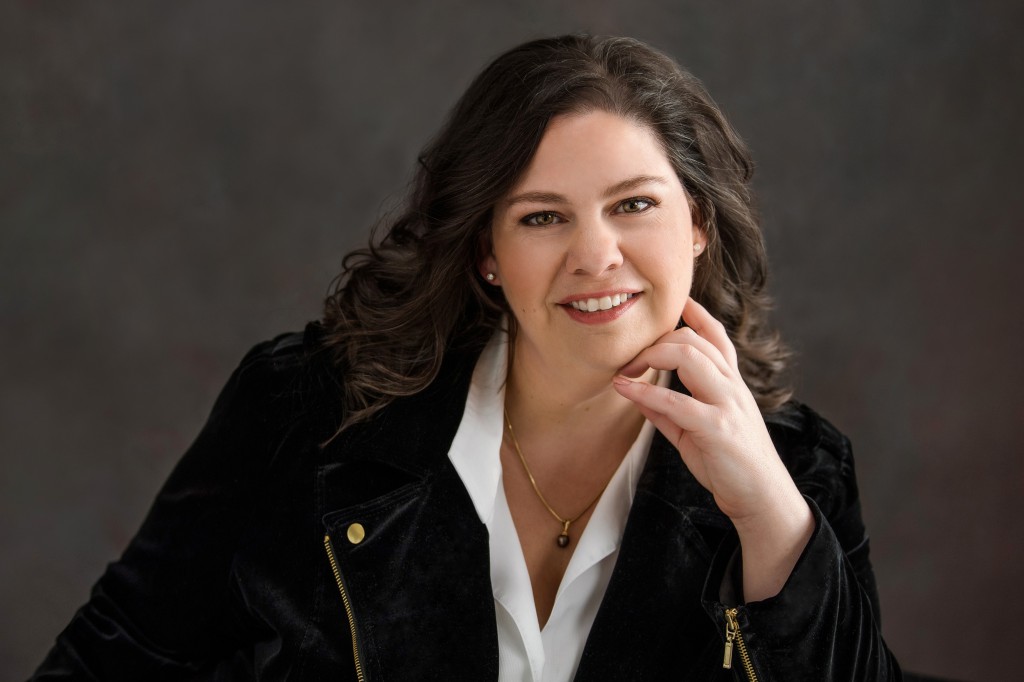An Insights Journey from Packaged Goods to Technology

“Everyone thinks of changing the world, but no one thinks of changing himself.” ― Leo Tolstoy, novelist
Creating an effective customer story starts with empathy. Help your organization transform the value they create for customers, employees and other key stakeholders by understanding your audiences’ key emotional drivers, like they do at Zillow. Laura Eddy is Senior Director, Consumer & Customer Insights at Zillow. She’s also a presenter at The Market Research Event (TMRE)on Nov. 5-7, 2019 at The Mirage Hotel in Las Vegas, Nevada.
As a preview to her presentation, Laura shares her perspectives on “My Insights Journey from Packaged Goods to Technology.”
Peggy L. Bieniek, ABC: How did your experiences in consumer insights shape your character and career?
Laura Eddy: Working in Consumer Insights over time makes you empathetic to the people around you. You begin to really internalize that everyone has a unique story and it is likely not just the story that they may present on the surface. That leads to listening more closely to what people tell you, and almost more importantly, what they don’t say.
I like to think this skill set has been applied to my job and career in a way where I can hear the deeper questions and needs that leaders have when facing critical decisions to drive business forward, even if they can’t always fully articulate them. This leads to stronger solutions that address the underlying issues and can significantly change the strategic direction of the organization.
PB: What role does technology play in the performance of a brand?
LE: Technology works on many different levels. First, we use technology to gain insight. It should be no secret that new technology is enabling us to understand our customers in new and interesting ways. For example, we listen to social chatter to learn about topics that we did not think to ask consumers about, and we leverage new tools like AI to determine consumer needs and wants without having to constantly ask. Second, we use technology to better access our customer and every bit as importantly, let them access and interact with us. We need to be where the customer is and as they get deeper into new technologies, we need to be there to deliver the very best context appropriate content. Third, we use technology to create better communication. New technology is allowing our marketing teams to create new and stimulating communication with improved media devices, enhanced graphics, and new voice technology.
Finally, we use technology to build better products and services to meet our customer’s ever-changing needs.
Zillow was built on the idea of data transparency and giving people the power of that data to make decisions for themselves in the real estate space. Keep in mind, as recently as 15 years ago, if you wanted to know what your house was worth, you were dependent on a real estate agent or your city’s tax department telling you that information. With technology, people now have that kind of information easily accessible. We continue to push the envelope in helping people stay informed.
PB: What are some of your most notable projects?
LE: There have been a few projects over several employers that I have been very proud of:
In 2010, Walmart became one of the first major companies to leverage Facebook to make social and local connections with customers – while there is a lot of value to this from a brand building perspective, the question came up of whether this drove actual business revenue. My team developed one of the first analyses for determining the value of a Facebook fan, even before Facebook themselves did this kind of analysis. I remember presenting that work to Sheryl Sandberg in a converted warehouse office at Walmart. Once Facebook developed their protocols, we went back and checked the results – it turns out we were off on our estimates by less than 10% of actuals, which felt pretty awesome.
At Amazon, one of the really cool insights we produced was around the idea that Alexa was seen by customers as a beloved member of the family (in fact, at the time, one of the top questions asked was “Alexa, will you marry me?”), which drove a step-change in how Amazon marketed some devices. Rather than focus on the hardware or on the device and ancillary features directly, the Marketing team pivoted its attention to Alexa and the AI. This idea helped create the idea of a device ecosystem all connected via customer-favorite Alexa for Amazon to interact with consumers.
Zillow, though, has been the place where I think I have had the greatest impact on the brand and business. We have delivered foundational work that showed just how painful the home selling process is for consumers, which led to the creation of a new business called Zillow Offers – this business now accounts for over 40% of Zillow’s revenue and is growing by leaps and bounds. Some of our new projects include envisioning the future landscape of the real estate marketplace – we are combining a series of methodologies like customer journey mapping, futuring and war gaming to construct an ideal customer experience. We are incredibly fortunate that hunger and willingness to embrace the needs and wants of the customer are the guiding principle at Zillow.
PB: What will people gain from your conference presentation?
LE: Insight, of course! Great insight is often generated by real emotion, and making a major career change from one industry that you are familiar/comfortable with, to an industry that is new, different and constantly changing can create many meaningful emotions. We want to shine a light on the process of transitioning from one industry to another, and share what you might expect and how to prepare for it.
We want to try and answer the questions that might be keeping you up at night about making this kind of move - the risks, the reward, the effort. It is no secret, companies are not as loyal to their employees as they once were, you must be prepared for an ever changing future.
If you have been wondering if you should make this type of move and just want to learn more, please join us.
Want to hear more from Laura? Join us atThe Market Research Event (TMRE). Learn, network and share best practices with the most influential leaders in market research. Stay connected at #TMREVENT.
